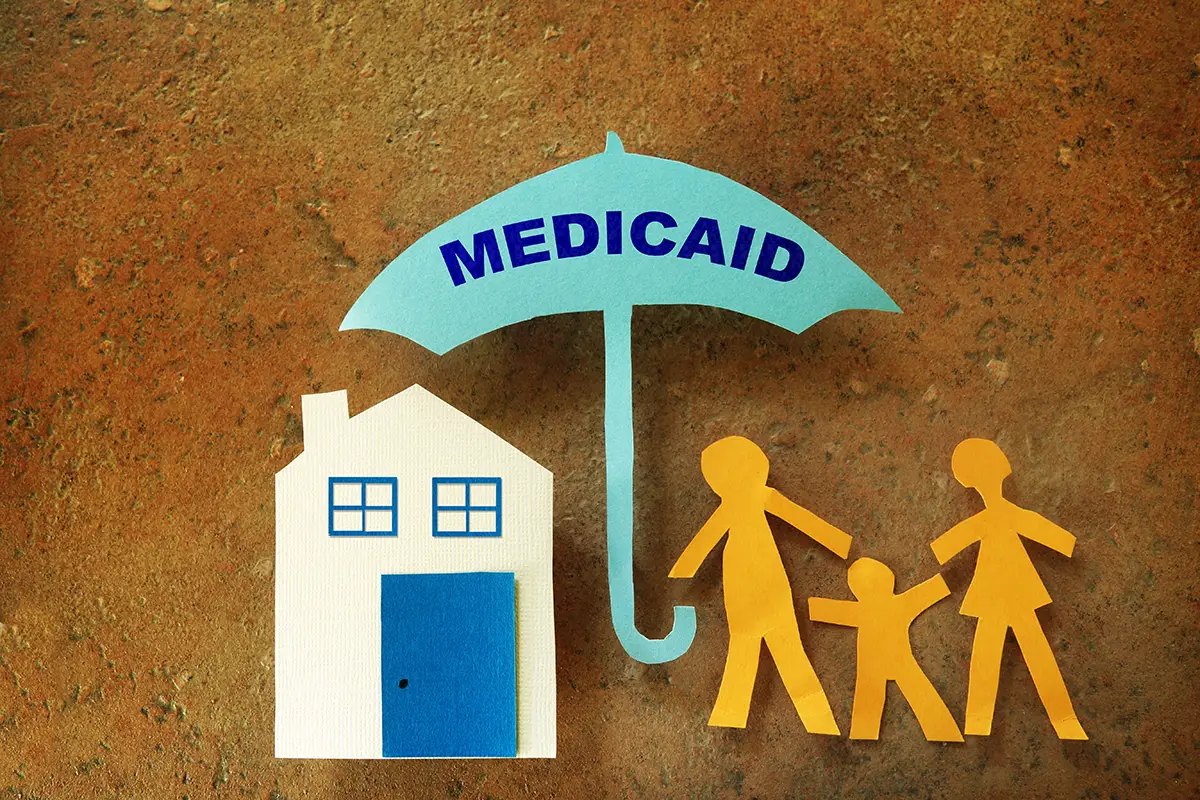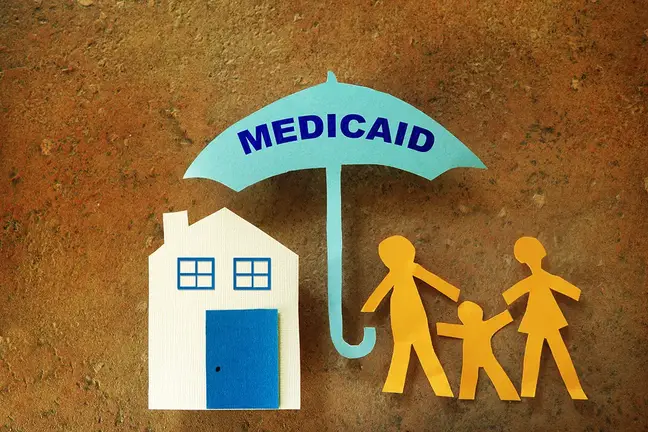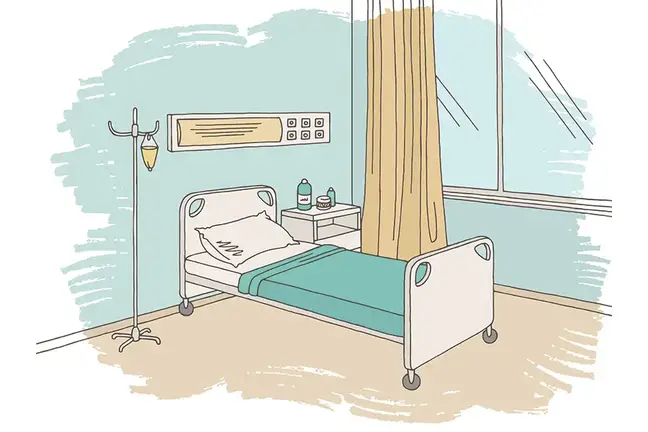What if? The Potential Impacts of Proposed Changes to Medicaid
It’s a delicate balance: Providing world-class care to our communities amidst dramatically increasing needs, rising costs, and other market forces. Now, we’re forced to face the impacts of proposed changes to federal funding across the healthcare industry.
It’s almost impossible to overstate the potentially devastating impacts of the legislative and regulatory changes currently being considered in Washington and our state capitols.
As New Hampshire’s only academic health system, we remain steadfastly committed to advancing health through research, clinical practice, and community partnerships. Across Dartmouth Health, we are evaluating the impacts these proposed changes would present. We have always shown up for our community, and we want to continue to do that.
While the proposed changes to Medicaid will undoubtedly impact our operations at Dartmouth Health, they will also, more importantly, impact our patients – our family, friends, and neighbors who look to us for high-quality care. Among the concerns we have:
- Decreased Medicaid enrollment: Currently, 180,000 people in New Hampshire get health coverage through Medicaid. Ninety thousand of them are children, more than 15,000 are people with disabilities, and nearly 10,000 are seniors. Dartmouth Health is the largest provider of services to Medicaid patients in New Hampshire, with nearly 90,000 patients served in 2024. We are concerned that a reduction in federal contribution and/or state reimbursement, or changes in eligibility requirements, will limit access.
- Loss of Medicaid Expansion: Since 2014, more than 252,000 New Hampshire adults have benefited from enrollment in New Hampshire’s version of Medicaid Expansion, known as Granite Advantage. Beneficiaries have received lifesaving services such as mental health care and substance use disorder treatment. Approximately 60,000 people today benefit from expanded Medicaid coverage for lower-income adults.
- New Hampshire’s “trigger law”: If the federal government reduces its current contribution toward Medicaid Expansion, New Hampshire has a “trigger law” that would eliminate the program. That means coverage for about 60,000 Granite Staters would be in jeopardy, potentially resulting in delayed care and eventual arrival at New Hampshire hospital emergency departments for much more expensive care later.
- Community benefits: We believe the most meaningful investment involves caring for people, and we are only as healthy as the communities we serve. That’s why Dartmouth Health has contributed $885 million in community benefits – including free and reduced-price care and $682 million in uncompensated health care – over the past three fiscal years.
- Provider tax rates and DSH payments: All hospitals in New Hampshire are assessed a provider tax (the Medicaid Enhancement Tax), which is currently set at 5.4% of net patient revenue. The provider tax is matched in federal funds – in FY24, that totaled about $320 million back to the state of New Hampshire. After receiving the federal match, which helps to fund the state’s Medicaid program, the state returns disproportionate share hospital (DSH) payments to the hospitals mainly based on the number of Medicaid patients we take care of and to defray some of the costs of uncompensated care. However, this program is at risk of potential reductions - with a resulting decrease in net DSH payments to Dartmouth Health, under current law, of about $30 million.
BY THE
Numbers
$100 million
The amount Dartmouth Health receives annually in payments for care provided to Medicaid-eligible patients. About $40 million comes from New Hampshire and about $60 million from Vermont.
About 40% of Dartmouth Health patients come from Vermont; only the University of Vermont Health Network provides care to more Vermonters.
$300 million
The annual cost to care for patients covered by Medicaid. The difference (after $100 million in reimbursements) is either covered by patients, private insurance or shouldered by Dartmouth Health.
9%
The average reimbursement rate the state of New Hampshire pays Dartmouth Health for Medicaid charges. New Hampshire has consistently been the among the lowest states in the nation for Medicaid reimbursements. Vermont’s reimbursement rate is 16% of charges.
The Face of Medicaid
Cheri Bryer has followed a different path to her career as a senior perinatal peer support educator in the Moms in Recovery program at Dartmouth Health.
More than a decade ago, she was battling addiction and mental health challenges, a struggling mom with young children. But Bryer was able to get help through a residential addiction treatment program and got into recovery – all thanks to Medicaid. Now, she’s paying it back.
“In my work, I have helped hundreds of women gain and sustain recovery,” says Bryer.
“Without access to Medicaid, recovery would have been impossible. As a mom myself who struggled when my children were young, I now support other young mothers. Addiction is a disease, and treatment for medical conditions requires medical coverage.”







